PROTECT YOUR DNA WITH QUANTUM TECHNOLOGY
Orgo-Life the new way to the future Advertising by AdpathwayEvery yard should have a maple tree. And why not? There are native maples, dwarf cultivars, and giant specimens. Some, like Japanese maples, have winding branches and cut-leaf foliage, making them prized possessions in the gardening world. Others are tried-and-true classic trees that outshine others on streets, front lawns, and back acreages.
Which maple variety is best for you depends on your stylistic preferences and the conditions of your garden. Choose a tree that will fit in the yard when it’s mature. Ensure it’ll grow well with your garden’s soil, and verify that there’s enough sun for it to thrive.
Once you decide on a variety, look for it online or at local nurseries. Call tree nurseries, as they specialize in funky, unique maple varieties. Mail-order catalogs are also an option, as they typically offer more varieties than local stores.
If you’re looking for some inspiration, here are a few maple trees to plant in October.
Bloodgood
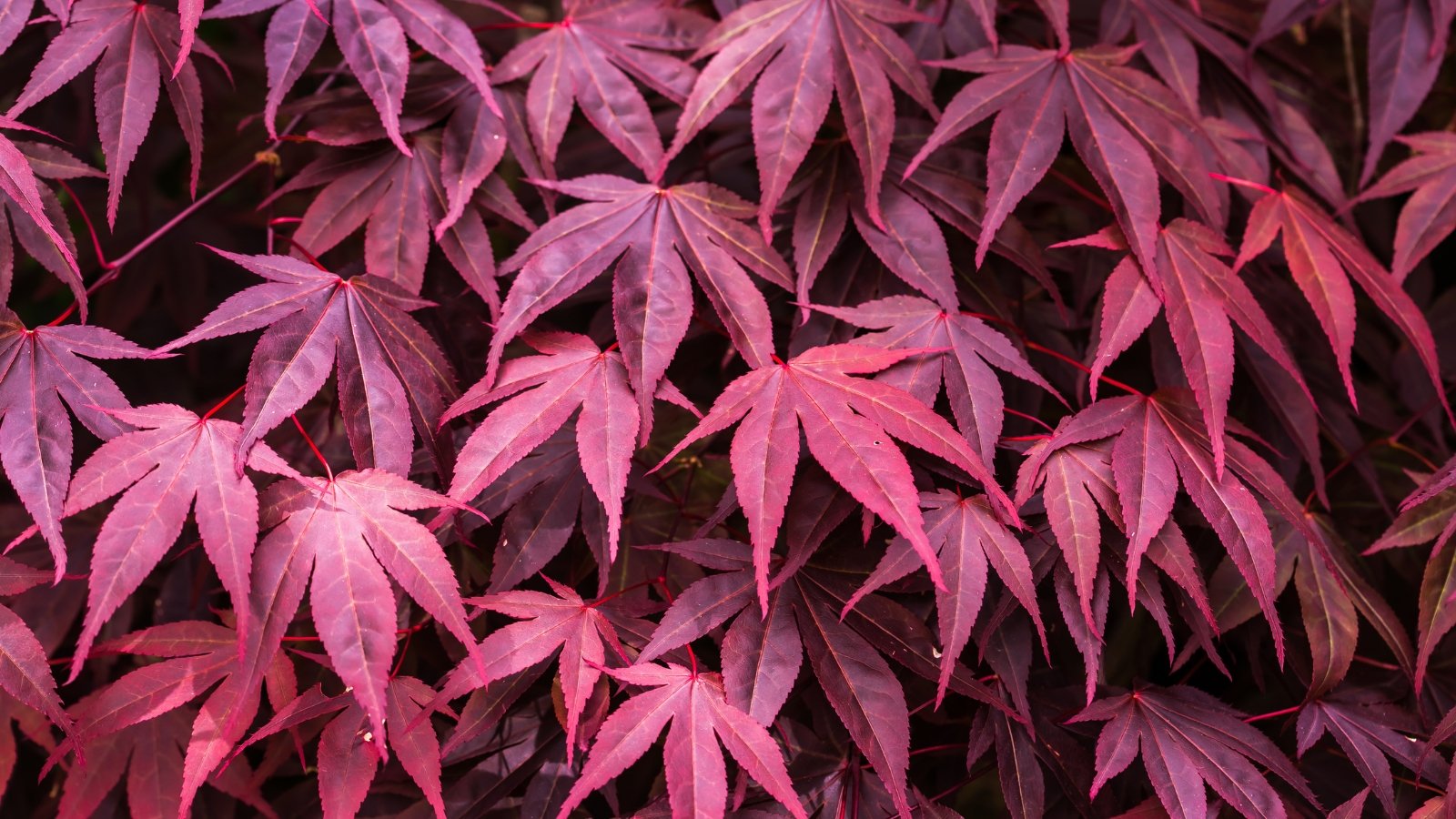 This versatile tree thrives in various garden settings.
This versatile tree thrives in various garden settings.‘Bloodgood’ Japanese maple trees feature rich red foliage that retains color during the growing season. The leaves sprout green with red margins at first. They change from green to all red as they grow. Then, they turn bright orange-red in the fall.
The trees reach 20 feet or taller when they’re mature, and their branches have a winding, spreading habit. Tolerant of shade and sun, ‘Bloodgood’ works well in a wide variety of garden settings. Plant it beneath another taller tree, or use it as a focal point next to your house.
Plant this maple tree in October, well before any hard freezes occur. Plant it in your garden’s native soil, and cover the top of the surface with a mulch, like compost or leaf mold. Water the site well and keep it moist, but not soggy, thereafter.
Butterfly
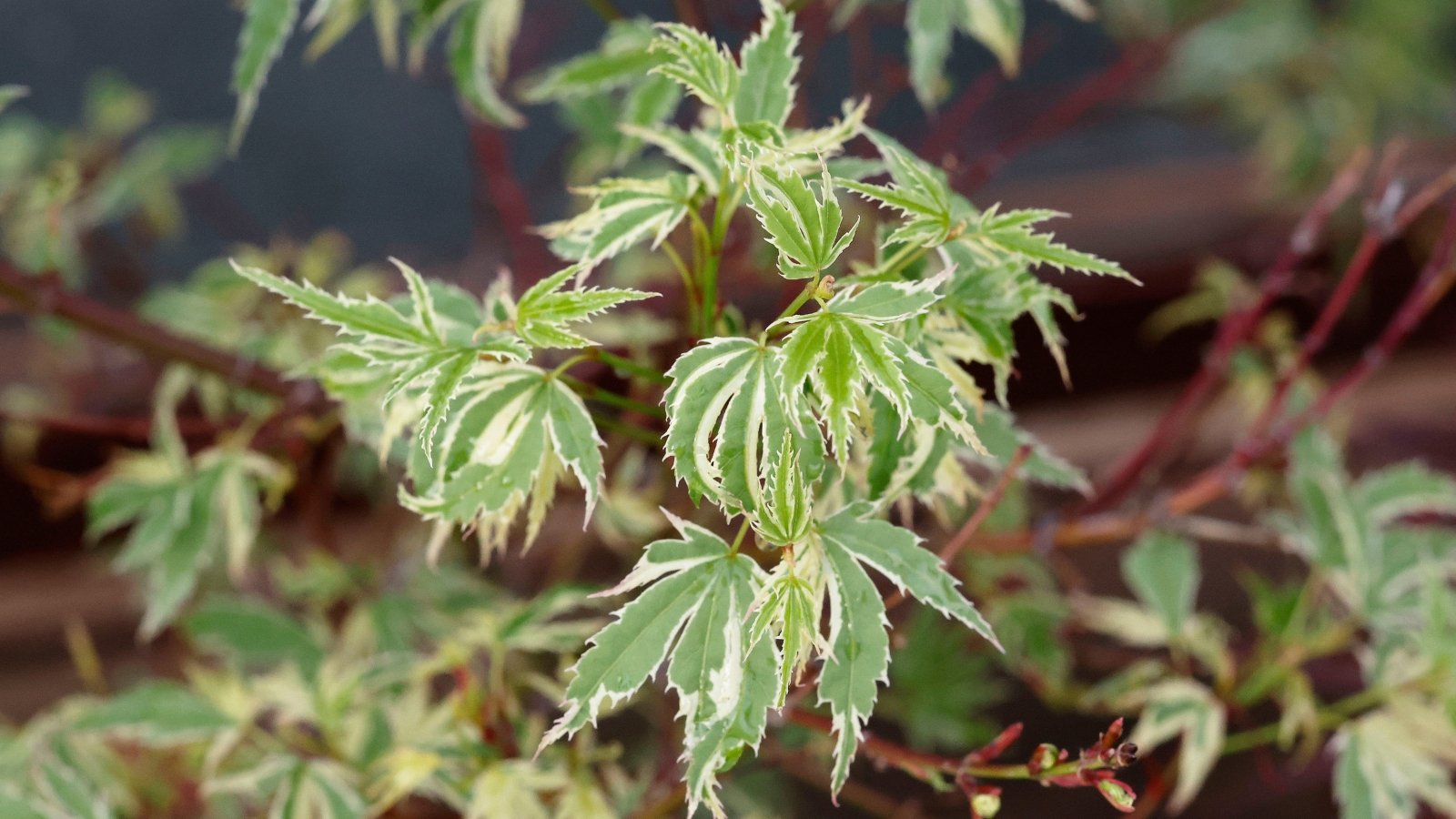 Green leaves edged in white brighten small spaces beautifully.
Green leaves edged in white brighten small spaces beautifully.‘Butterfly’ is another Japanese maple tree variety with stunning foliage. Its leaves are green in their centers with white margins. The tree’s short stature makes it perfect for pots, planters, and small spaces.
For the best color, grow ‘Butterfly’ in partial or dappled shade. Its leaves may burn and crisp with too much sun. After you plant this maple tree in October, safeguard the roots during droughts by watering regularly to keep the soil moist.
Crimson Queen
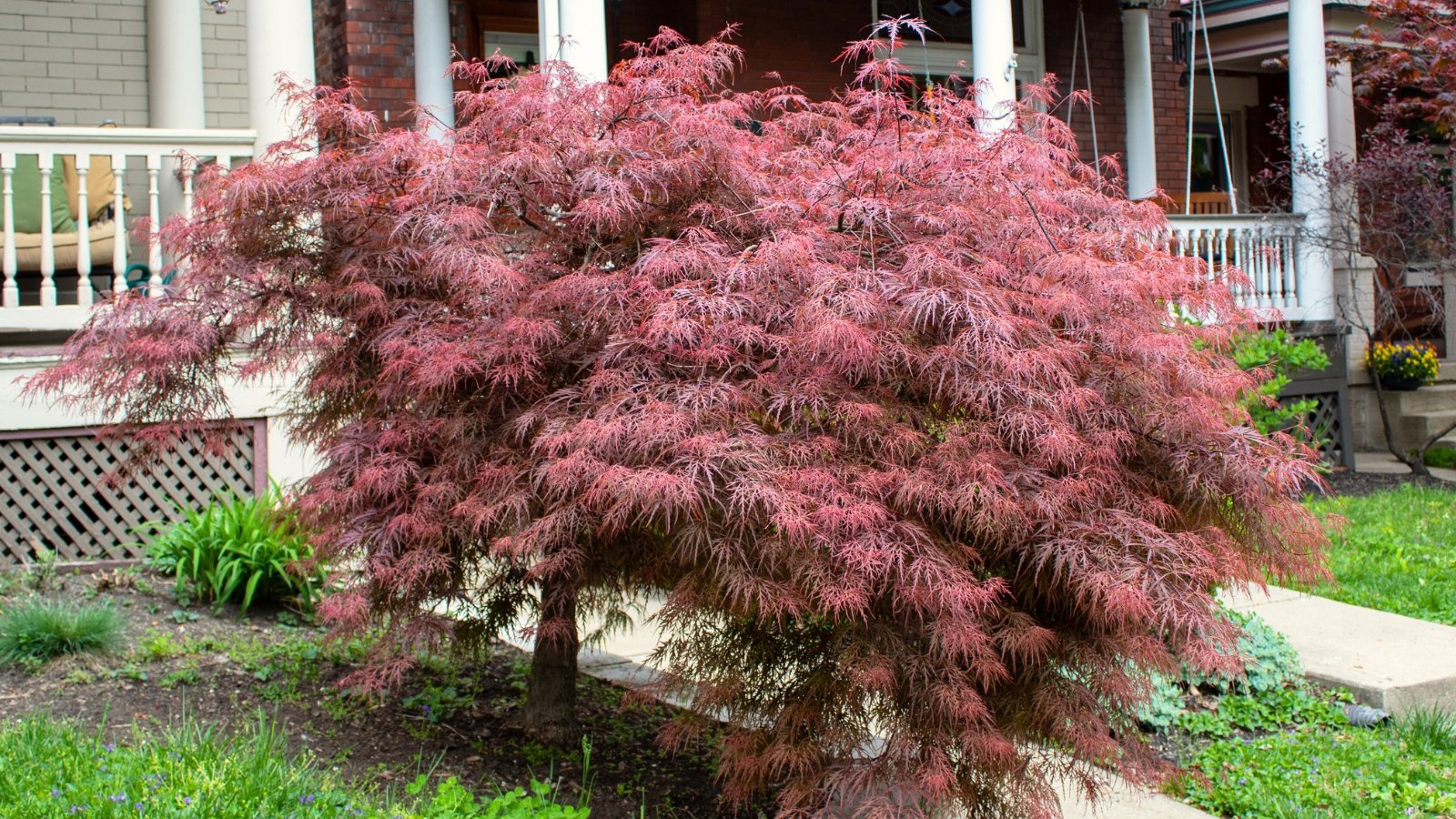 A short stature makes it easy to care for.
A short stature makes it easy to care for.‘Crimson Queen’ is royalty among maple tree varieties! It’s short, easy to care for, and brilliant in its display. Dissected red leaves sprout from the tree’s weeping branches in spring, and they retain their color throughout the growing season.
‘Crimson Queen’ grows well in a pot, and it’ll look fantastic on a porch or balcony alongside your other potted plants. Give it well-drained soil that’s rich in nutrients. Use compost, or find a blend that’s fit for trees.
Prune Japanese maples from late winter through early spring. This is one of the many varieties that appreciate light pruning to look their best. Thin them as needed, pruning their stems back to other buds lower on the stems.
Drummondii
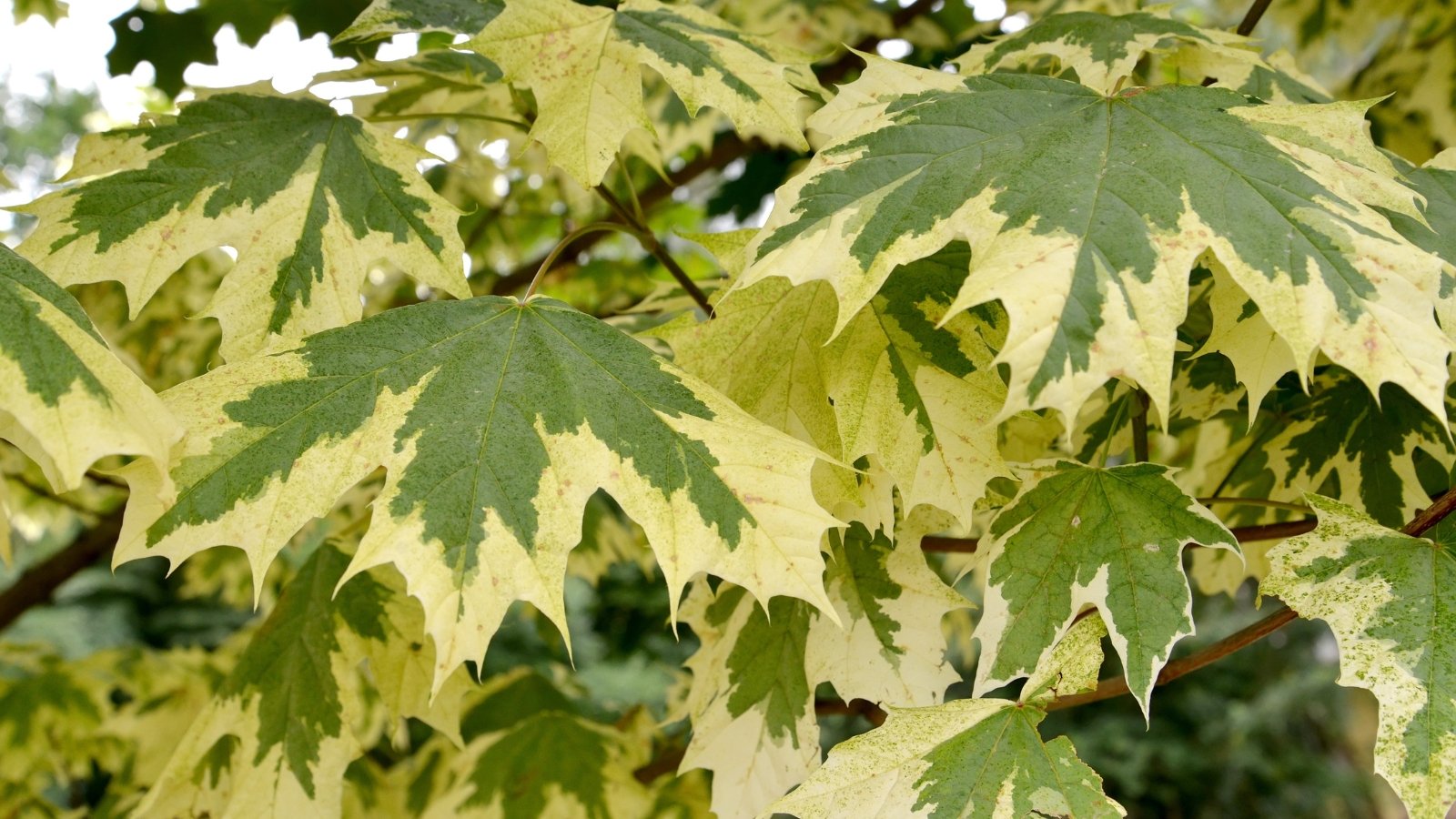 Occasional green reversion requires a light pruning touch.
Occasional green reversion requires a light pruning touch.‘Drummondii’ has white-green variegated leaves, similar to ‘Butterfly.’ It’s a variety of Norway maple that stays under 40 feet tall, growing tall and wide in home gardens. Use it in the center of a lawn, or grow it alongside other deciduous maple tree varieties.
‘Drummondii’ occasionally reverts. This means that parts of the tree will grow green leaves like the species instead of variegated ones. The green-leaved portions will outperform the others over time, so prune them off when you see them to keep the tree looking its best.
Norway maples are invasive in certain parts of the U.S. They crowd out native trees in forests, and they spread rapidly using their winged samaras that contain seeds. You can plant a native maple tree in October or a well-behaved cultivar instead of this species if it’s a problem in your area.
Elynor’s Heart of Gold
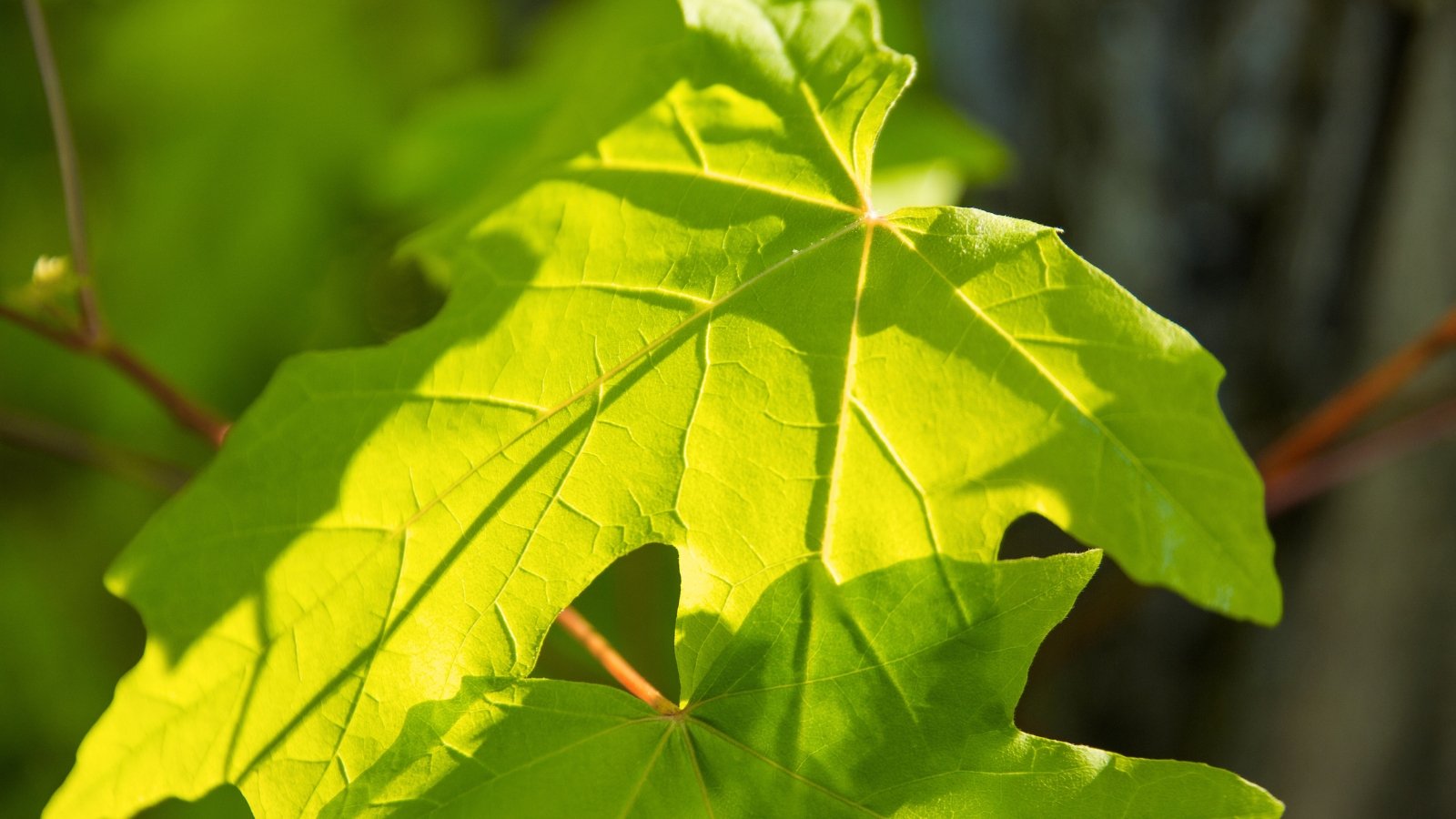 This tree thrives with regular moisture in cool, temperate climates.
This tree thrives with regular moisture in cool, temperate climates.‘Elynor’s Heart of Gold’ is a rare cultivar of the bigleaf maple, a native species that grows throughout the Pacific Northwest. It was discovered by Leonard Foltz, a nursery owner in Oregon’s Willamette Valley. Unlike the normal bigleaf maple, this variety sports brilliant yellow leaves from spring through summer.
Get ‘Elynor’s Heart of Gold’ in the ground now, and it’ll shock you with its bright yellow leaves next spring. Plant this maple tree in October in front of a green-leaf maple tree variety to highlight the contrast between the two.
Like the species, this tree grows best with plenty of moisture and cool temperatures from fall through spring. It thrives with the regular rainfall of the Pacific Northwest, and it may need extra irrigation when growing outside of the region.
Flamingo
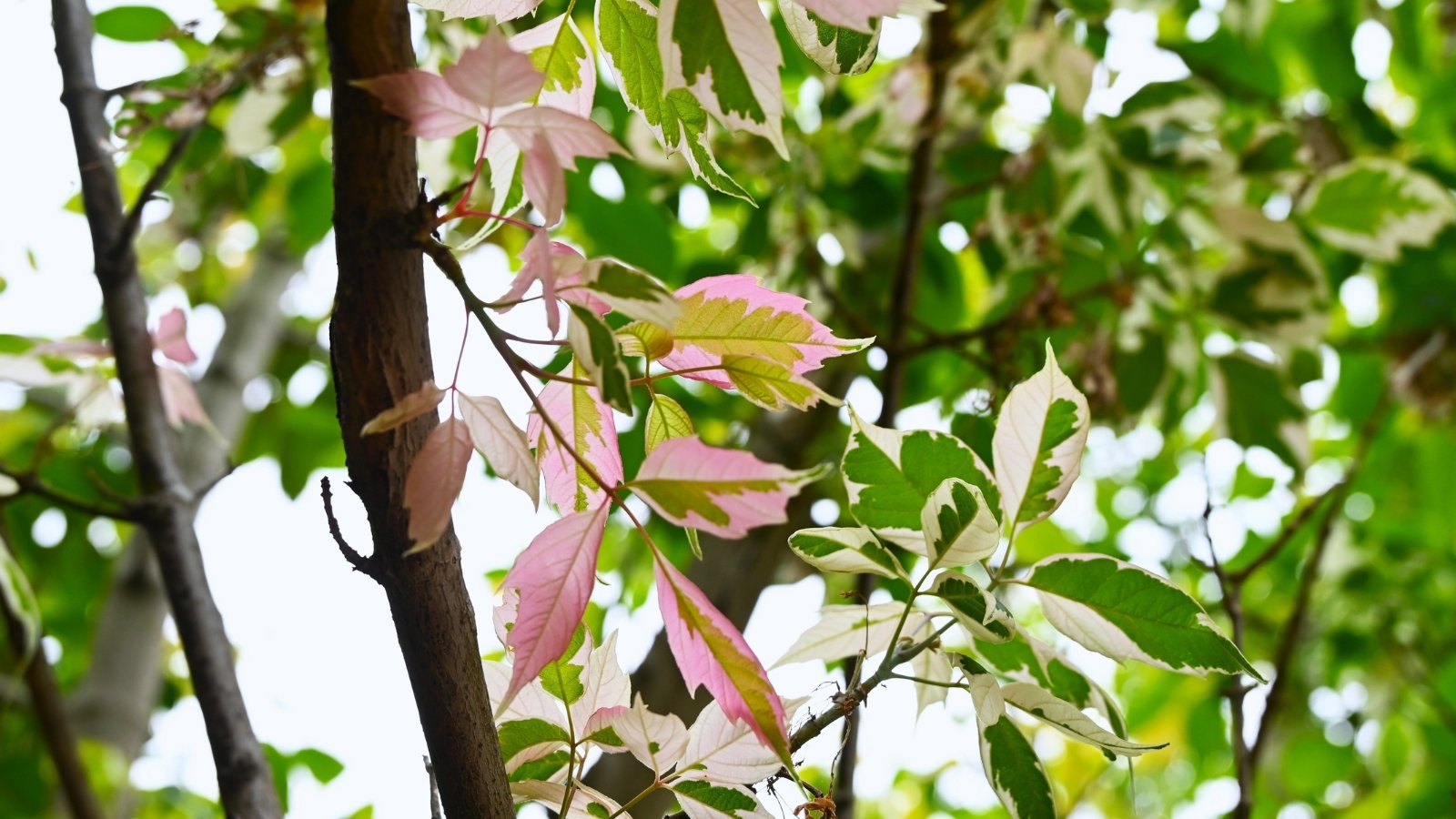 The uncommon leaf shape makes it stand out beautifully.
The uncommon leaf shape makes it stand out beautifully.‘Flamingo’ is another maple tree with green-white variegated leaves. They look different from most maple leaves. Each leaf has a long point in the center and two smaller ones on the margins.
‘Flamingo’ is a variety of box elder, and box elders are distinct from other maple trees. They tend to sucker, and they require annual pruning to keep the new shoots from growing into large trees.
In addition, the shoots are weak and they frequently break. Though the leaves are pretty, the tree itself is particularly troublesome in U.S. gardens. Consider planting a more well-behaved maple tree, or choose a native species that’ll thrive in your region.
Kinshi
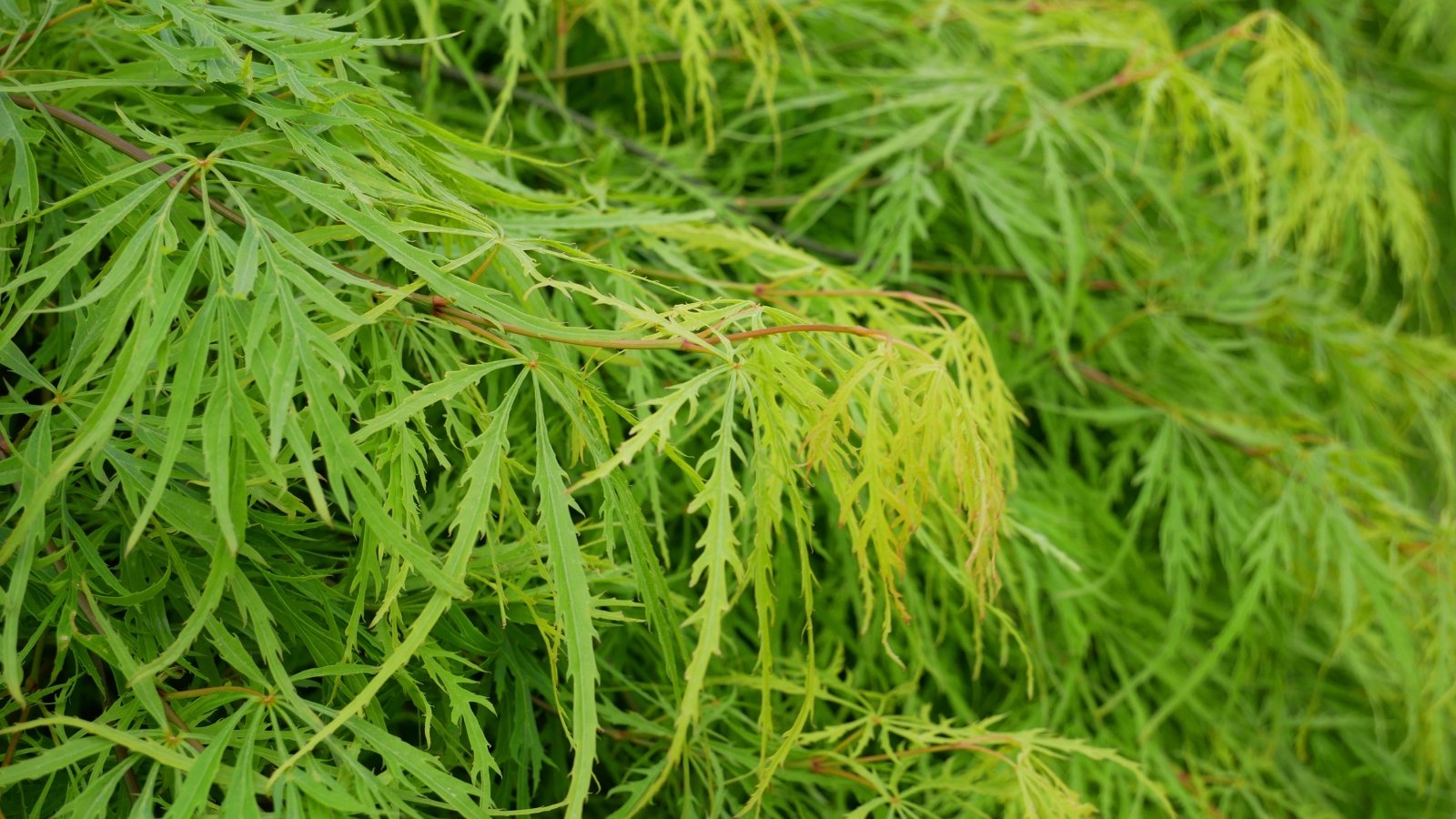 It works beautifully in small garden beds or patios.
It works beautifully in small garden beds or patios.‘Kinshi’ is a Japanese maple with slender leaves that are so thin they look like they’re from a dissected variety. The leaves stay green during the growing season, and they turn rich yellow-orange in autumn.
A compact maple, this tree stays under eight feet tall in maturity. It works well planted in pots, containers, and garden beds. To plant this maple tree in October, wait until its leaves fall off before transplanting the specimen.
Orange Dream
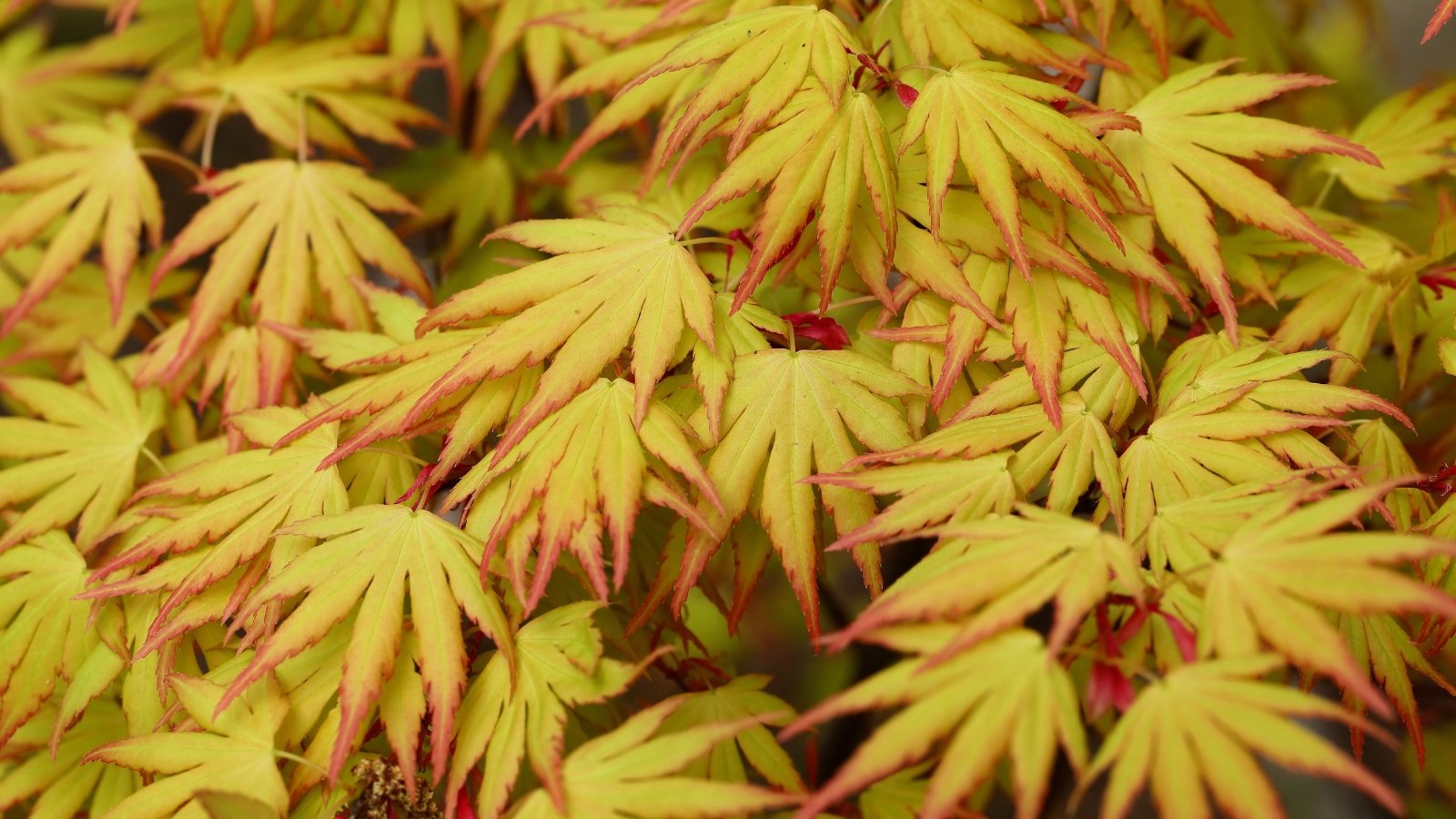 Leaves shift from yellow to vibrant orange naturally.
Leaves shift from yellow to vibrant orange naturally.All Japanese maple trees are beautiful in October, though ‘Orange Dream’ is one of the prettiest. Its leaves change colors over the seasons. They start yellow in spring, turn green in summer, and shift to orange-yellow with burnt margins in the fall.
‘Orange Dream’ is a relatively short and narrow tree, and it grows well in a pot or a garden bed. Give it rich, well-draining soil and plenty of compost.
Royal Red
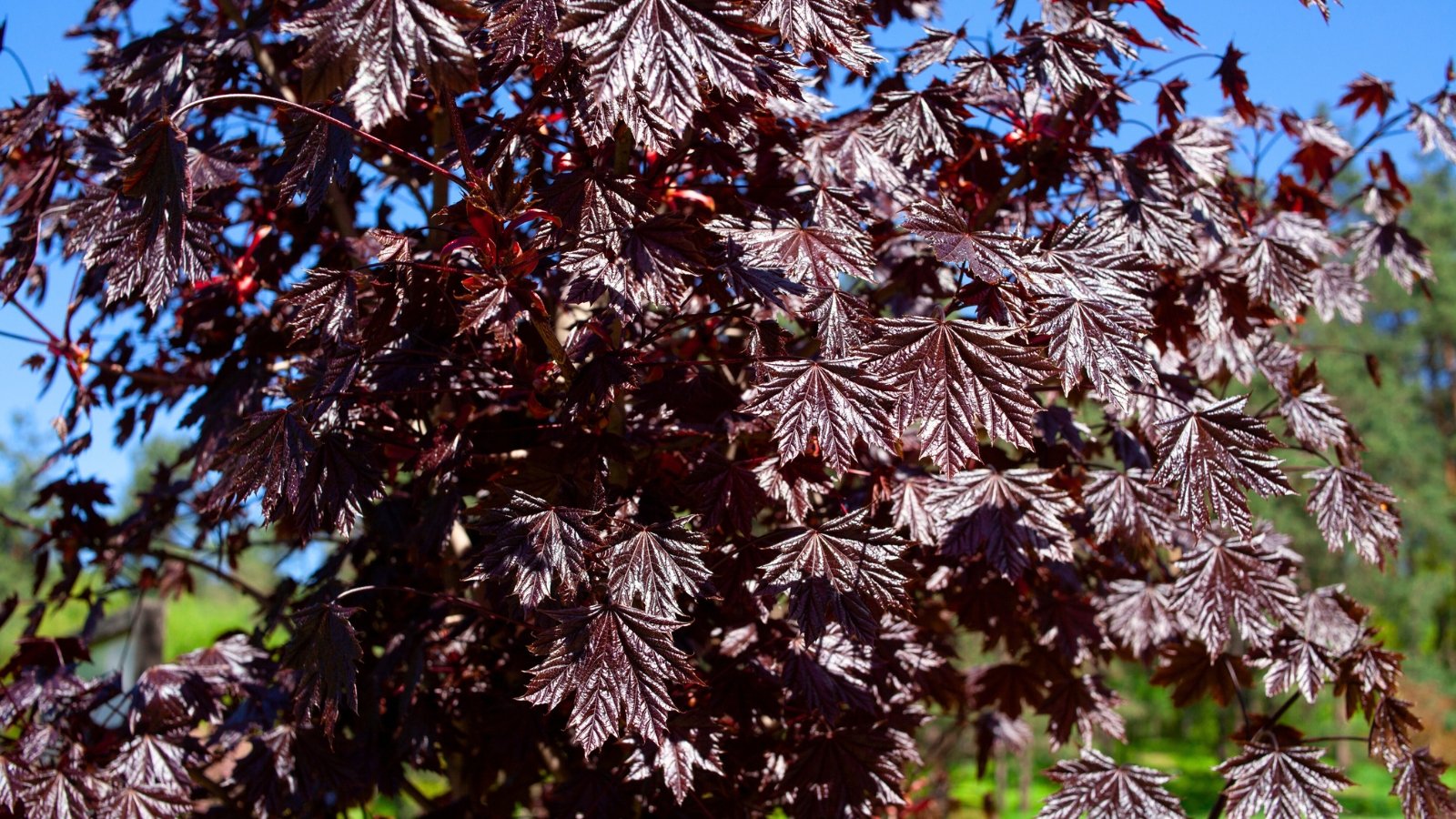 This quick-growing tree makes a dramatic front yard focal.
This quick-growing tree makes a dramatic front yard focal.‘Royal Red’ is another Norway maple tree you can plant in October. But only grow it if it’s not invasive in your region. Invasive species are no joke, and they can quickly overrun wild areas.
Despite their unruly tendencies, ‘Royal Red’ maple trees are gorgeous specimens! They have purple-red leaves that hold onto their color over the summer. The leaves are wide and big, though they’re a bit smaller than those of the bigleaf maple.
Grow ‘Royal Red’ in a lawn, or set it as the focal point of your front yard. It’ll reach impressive heights over time, and it’s quick-growing compared to other deciduous maple species.
Ryusen
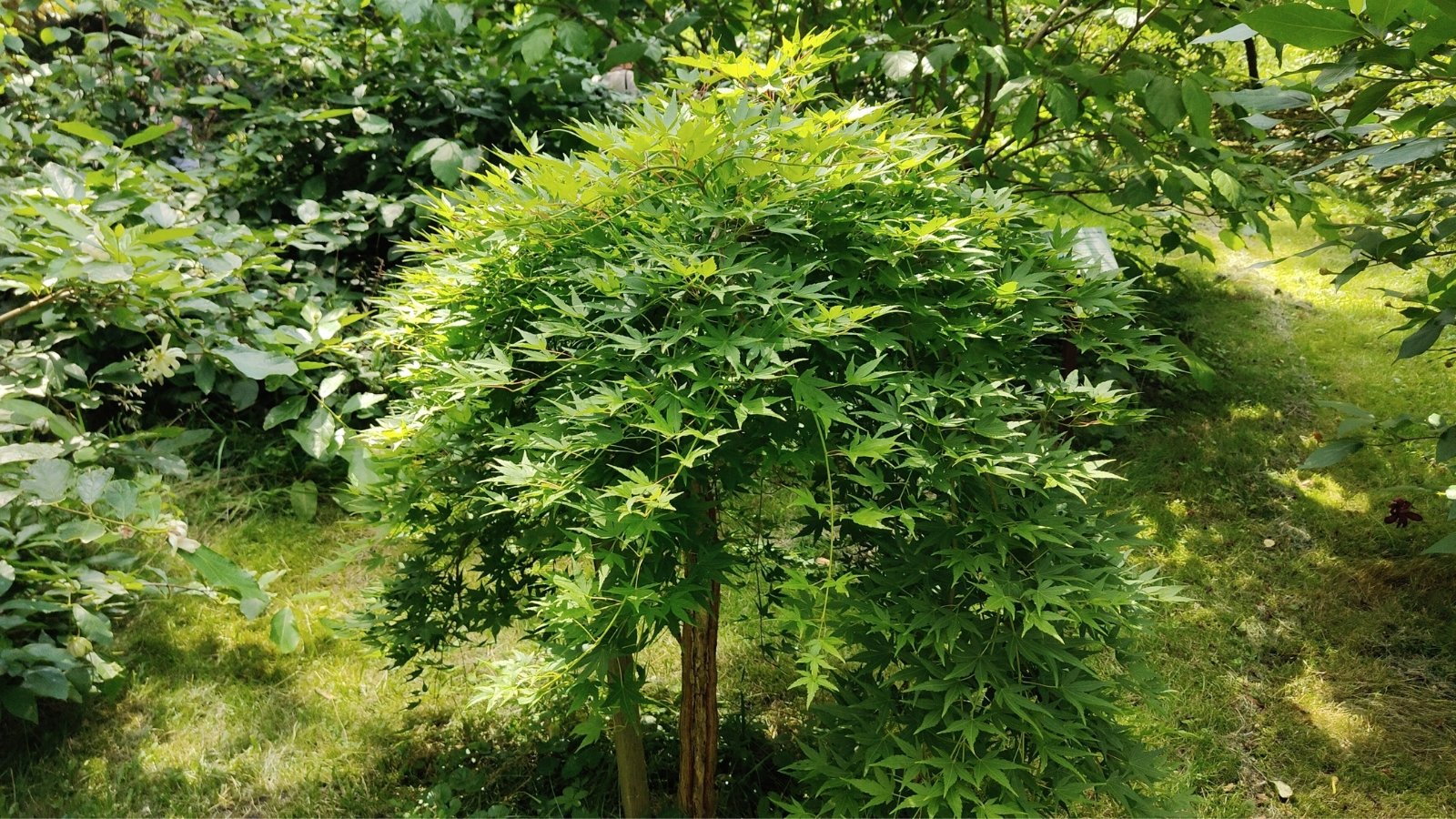 The upright trunk supports dramatic, weeping branch growth.
The upright trunk supports dramatic, weeping branch growth.‘Ryusen’ is ideal for planting in October. When it’s leafless, you can see all the cascading, weeping branches and arrange them how you’d like them to look. Prune them in early spring, and let the tree flourish for the rest of the year.
Unlike other Japanese maple varieties, this cultivar has downward-growing branches that sprout from an upright trunk. Train the branches on stakes if you’d like the tree to grow tall. Otherwise, let them grow wild to form weird shapes.
In autumn, the green leaves turn brilliant hues of red, orange, and yellow. This tree shines in the landscape no matter the season.
Trompenburg
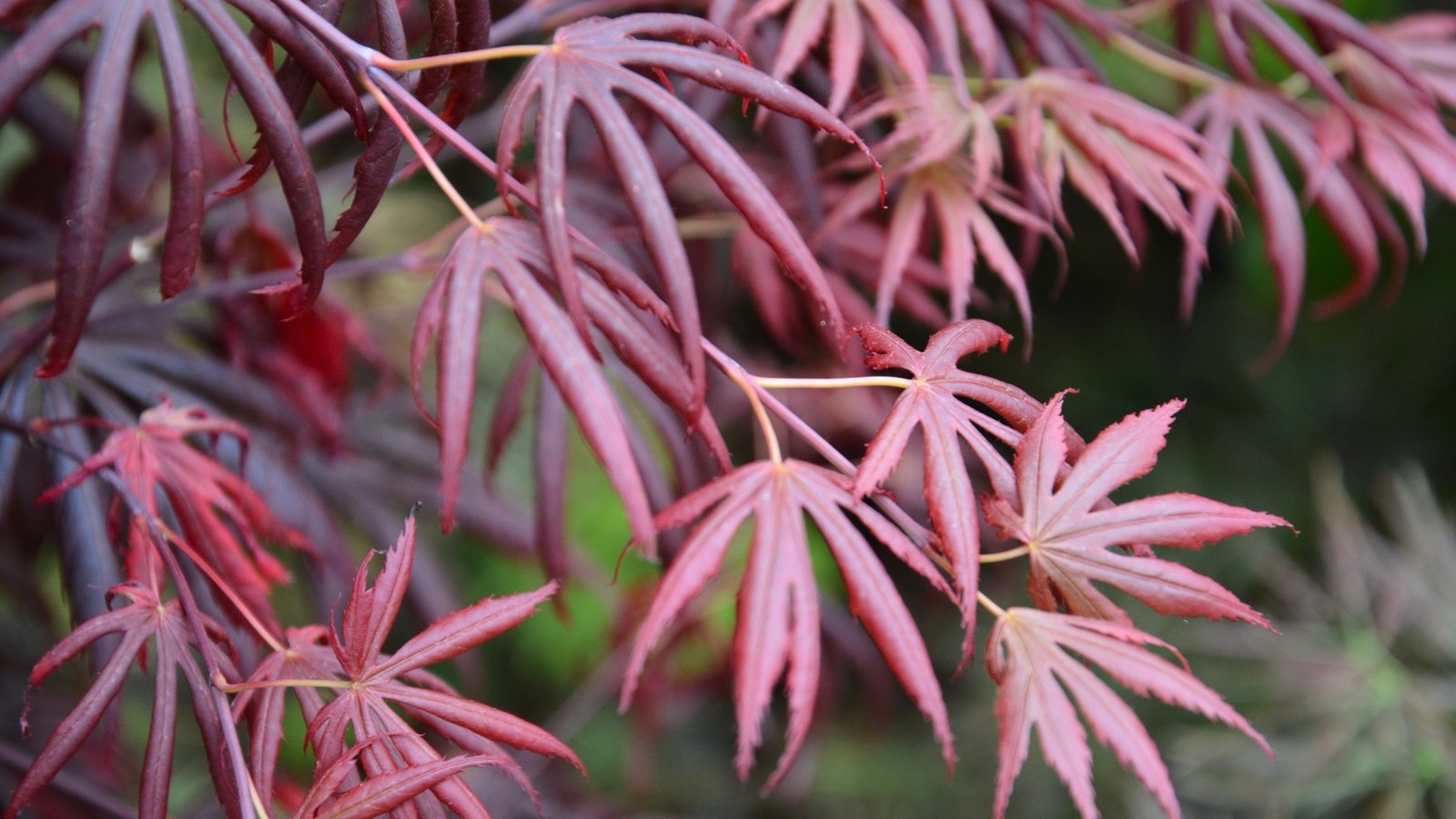 Leaves shift from purple-red to green, then orange.
Leaves shift from purple-red to green, then orange.Last but not least, ‘Trompenburg’ is one of the showiest maples on this list. It’s a Japanese cultivar, and it features color-shifting leaves that change depending on the season. They emerge purple-red in spring, turning greener over the summer.
Then, in autumn, the foliage shifts bright red-orange. It falls to the ground, and buds develop on the red stems over the winter. Colorful and vivid, ‘Trompenburg’ is the maple tree to plant in October if you’re looking for a showstopper.


 9 hours ago
4
9 hours ago
4

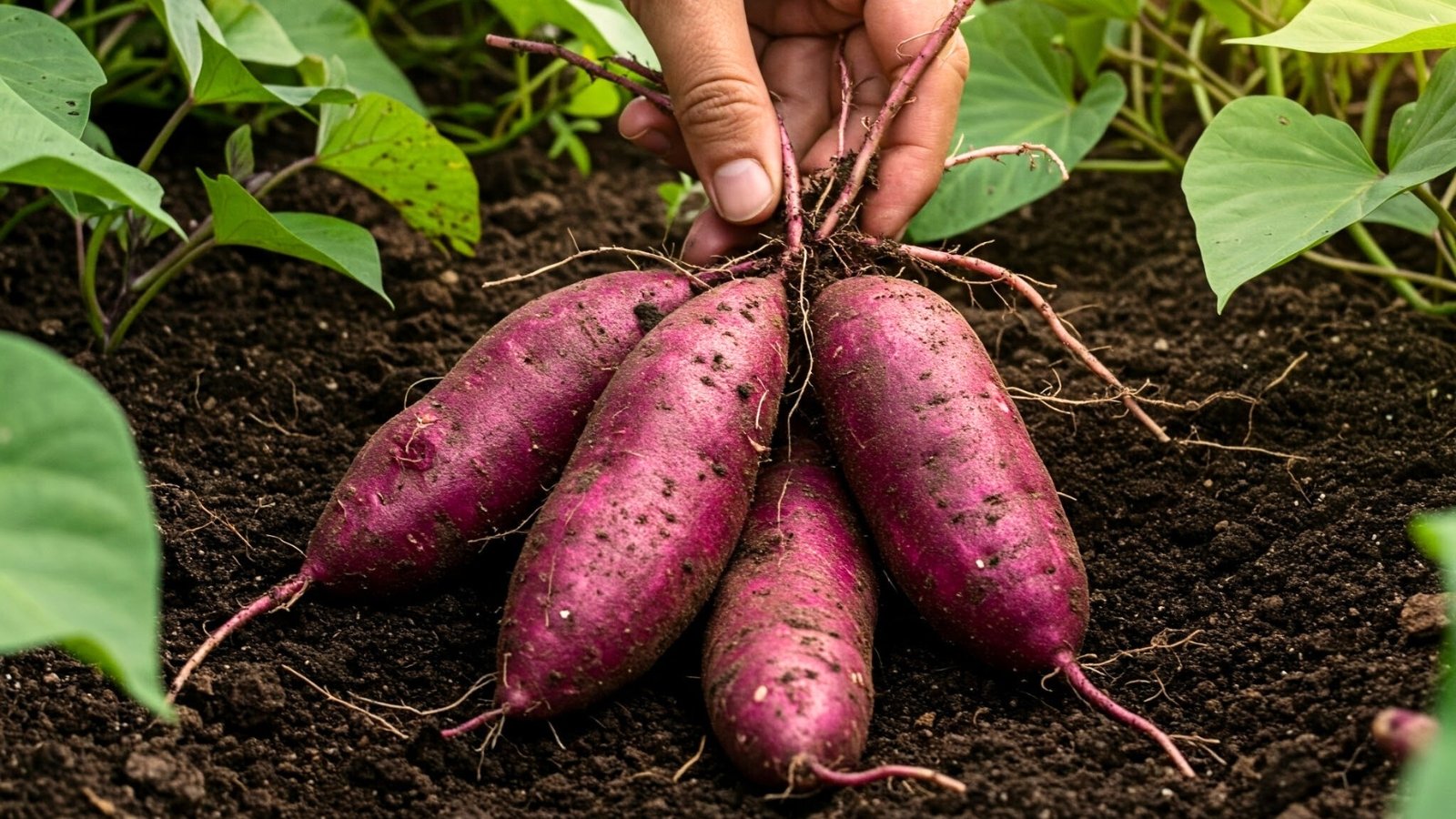
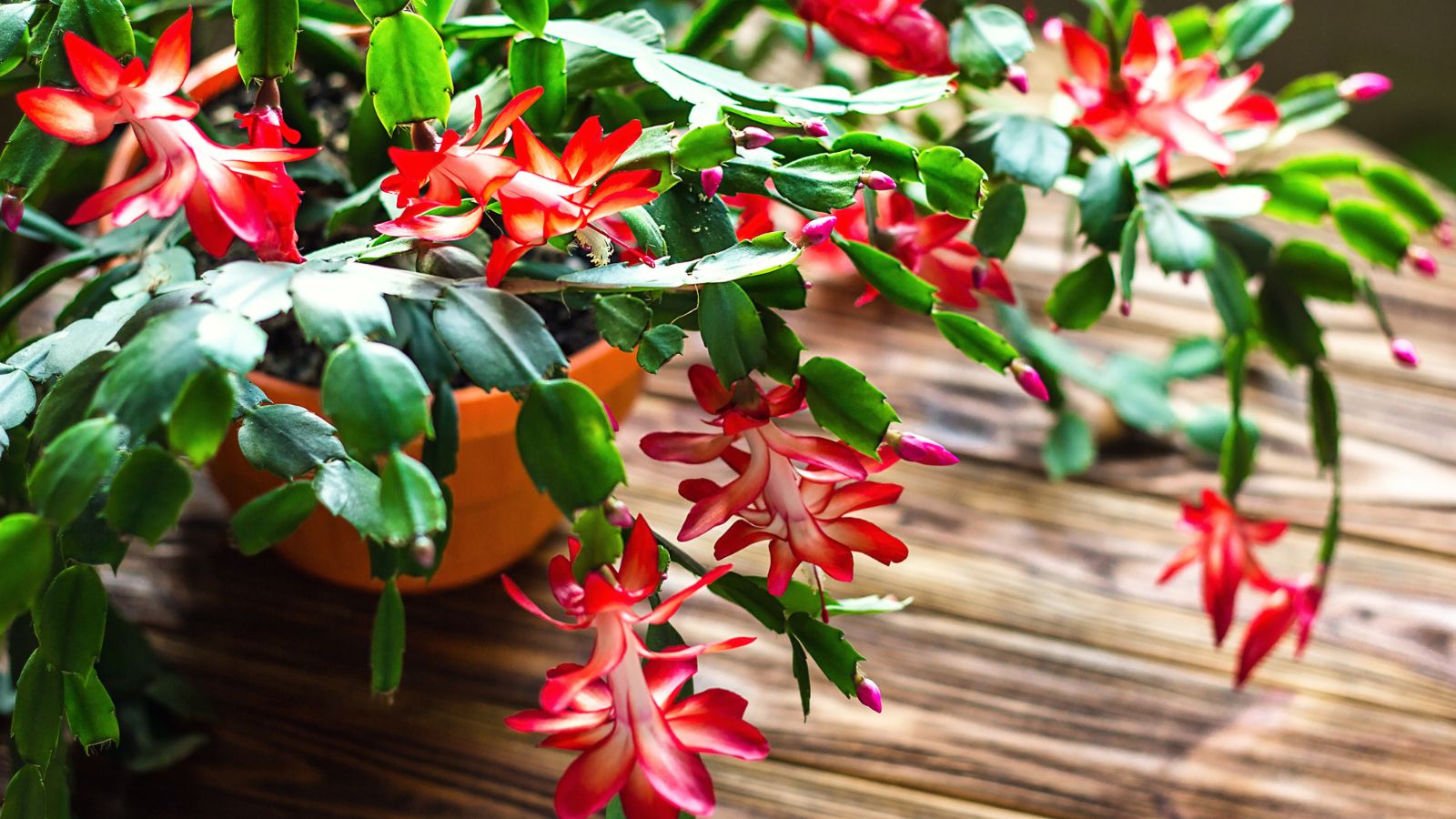


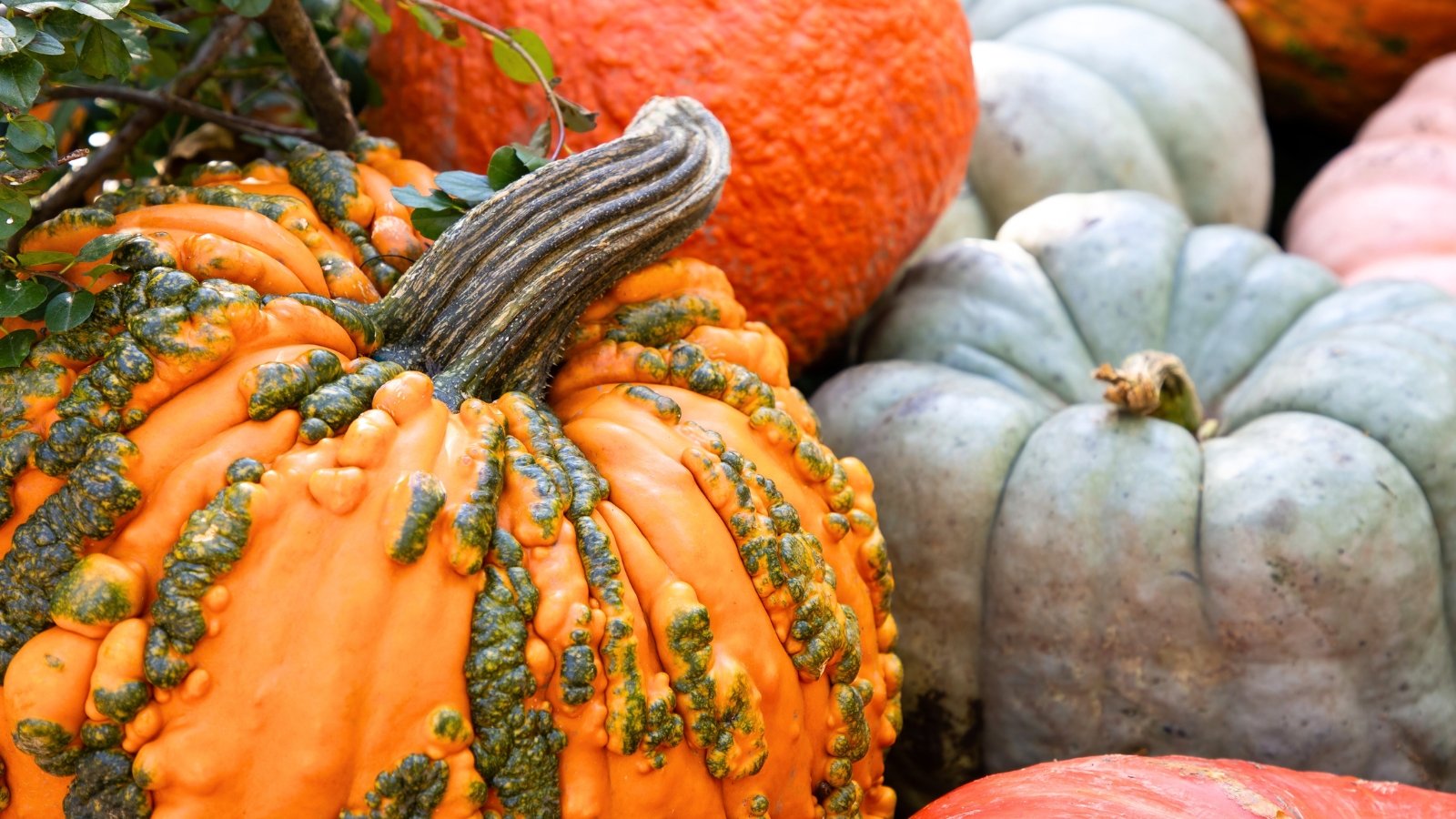
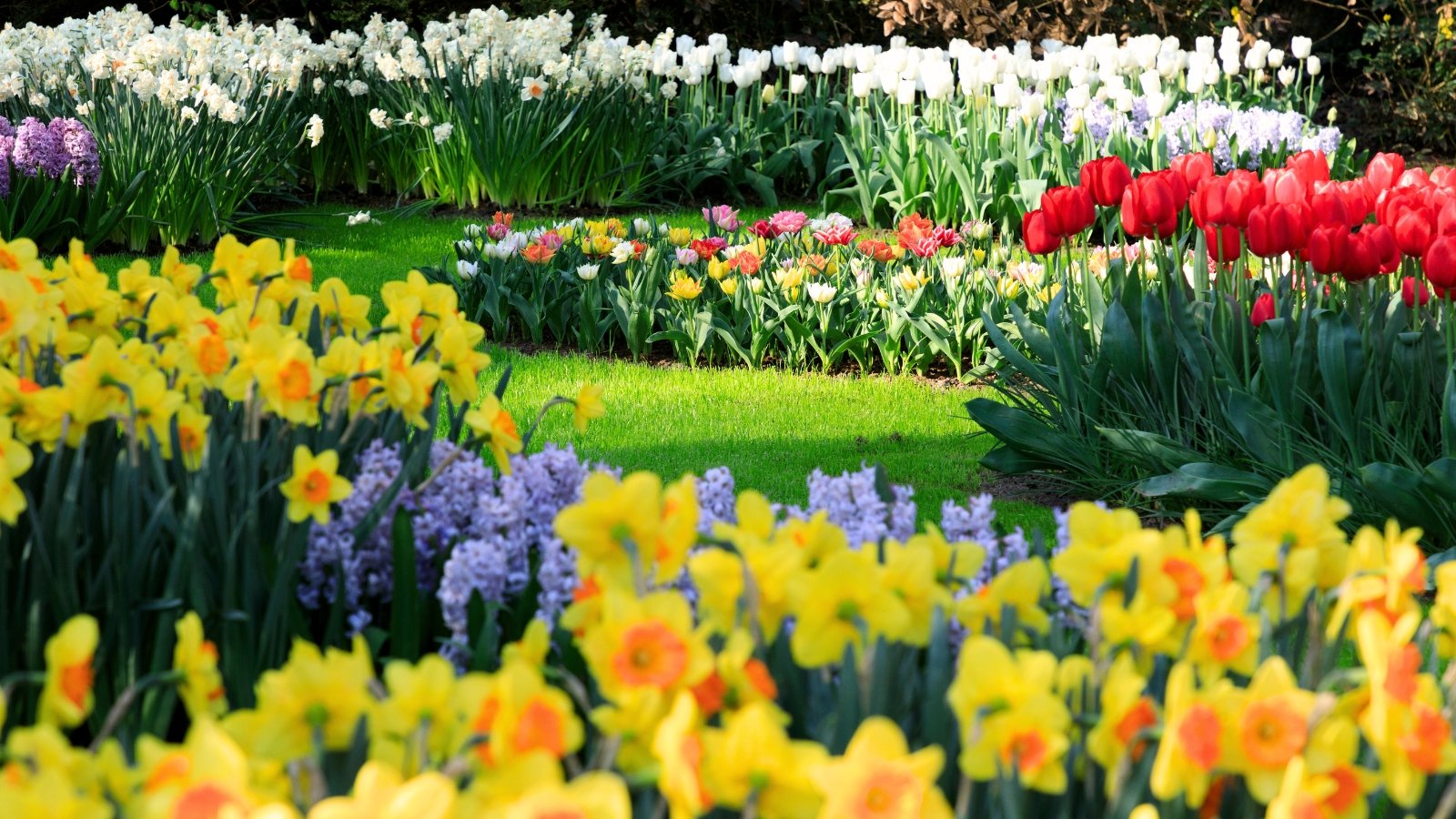














 English (US) ·
English (US) ·  French (CA) ·
French (CA) ·